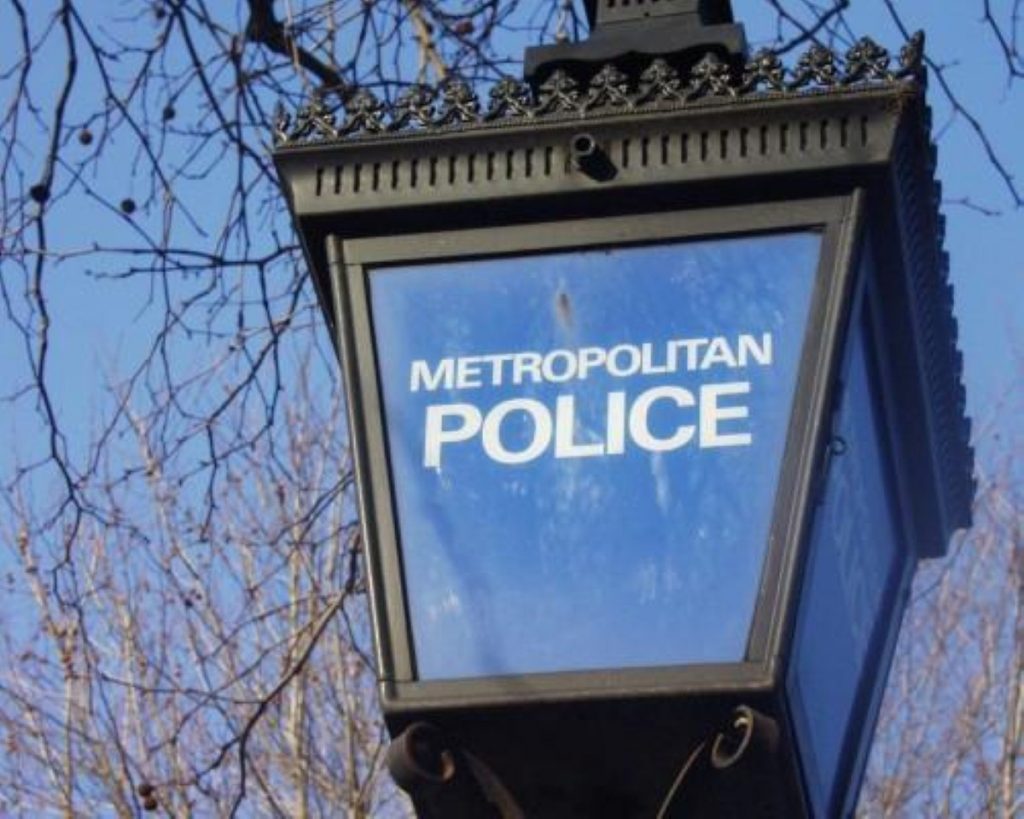Deaths in police custody: Protest hits Downing Street
Families of those killed in police custody have invited campaigners against detention centres to join them in a protest in Whitehall tomorrow.
The United Families and Friends Campaign (UFFC) is a coalition of families and friends of those who died in the custody of police, prison staff, secure psychiatric hospitals or immigration detention centres. They're marching in a silent procession down Whitehall and then conducting a noisy protest outside Downing Street.
Independent Police Complaints Commission figures suggest there were 11 deaths in or following police custody in 2013/14, 68 apparent suicides following police custody and 39 other deaths following police contact, as well as 12 in road traffic fatalities involving the police.
Campaigners are particularly concerned about teenagers who find themselves in contact with police. Under a legal loophole, 17-year-olds are treated as adults in police stations and are often put in custody overnight or through the weekend for minor offences, such as cannabis possession.


That was the situation in December 2013, when Kesia Leatherbarrow was picked up by Greater Manchester police and kept in a cell all weekend. She had been distraught throughout, banging her head and pulling her hair. She was released on bail Monday morning after a trip to Tameside magistrates court. Hours later, she was dead. It was the third death in three years of a 17-year-old after they had been treated like an adult in a police station.

This year there have been two deaths in immigration detention centres. Christine Case had been in Yarls Wood detention centre ten days when she died of a massive pulmonary thrombo-embolism. The investigation into the death of Rubel Ahmed in Morton Hall is still ongoing, but he is understood to have committed suicide.
Experts warn that detention centres significantly worsen mental health conditions because there is no time limit on detention. Not knowing when you're getting out puts a severe emotional and psychological pressure on the detainee.

There are also warnings about the ineffectiveness of rule 35, which is supposed to ban the Home Office from detaining anyone who has been tortured. This mechanism is not worth the paper it is written on. Just six per cent of its reports led to release.
The UN Committee Against Torture has branded it an "empty paper-pushing exercise". A joint review by the inspector of prisons and the chief inspector of borders and immigration said the medical reports on torture survivors were "often perfunctory" and "contain no objective assessment". Replies to the reports were "cursory and dismissive".
In the high court last July, Mr Justice Ouseley said safeguards for making sure torture victims, trafficked people and those with mental health problems were protected were unsatisfactory.
All manner of terrible things happen in detention, prison, police stations and secure psychiatric hospitals because they're away from prying eyes. Tomorrow's protest will go some way towards addressing that.












